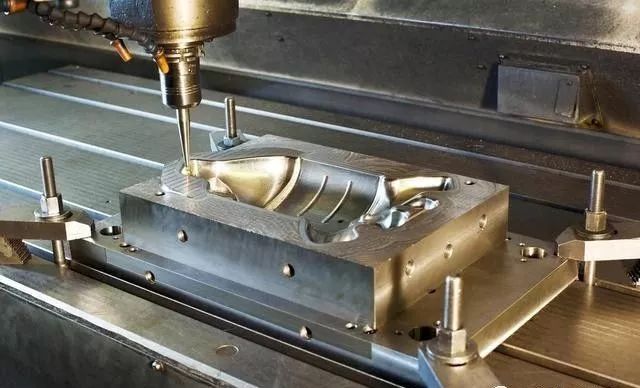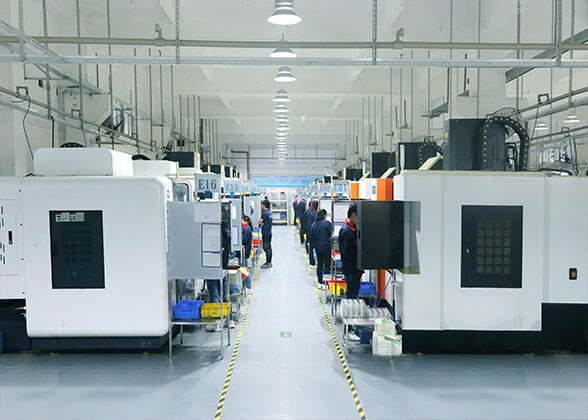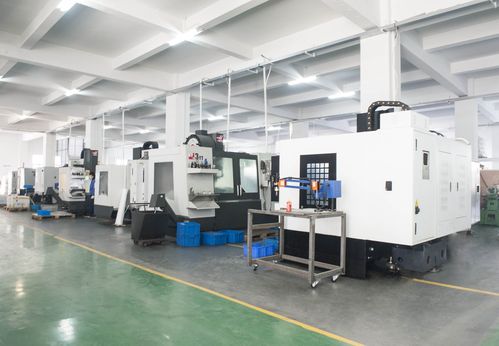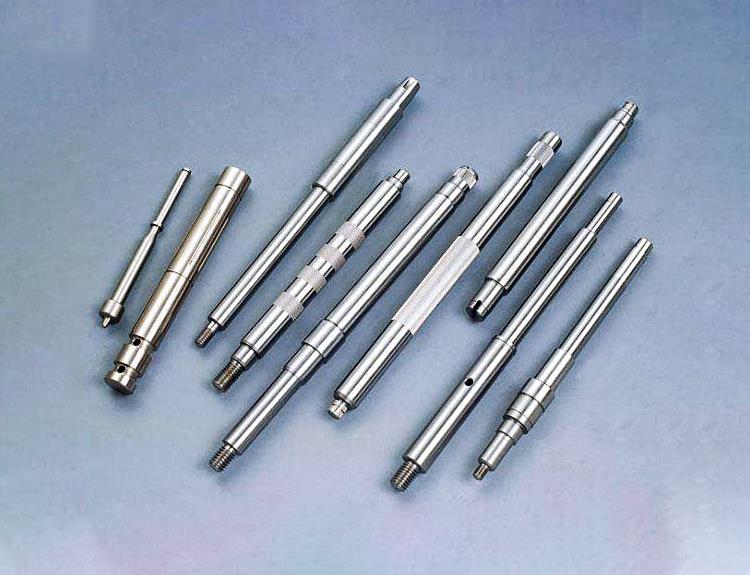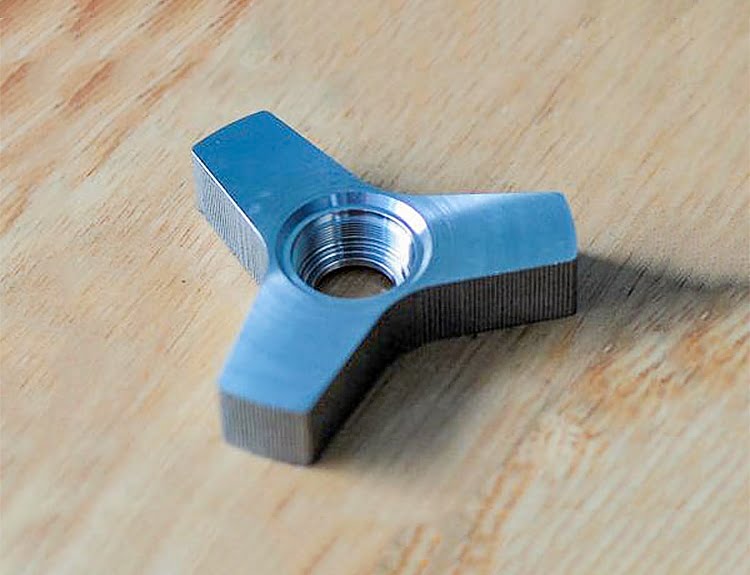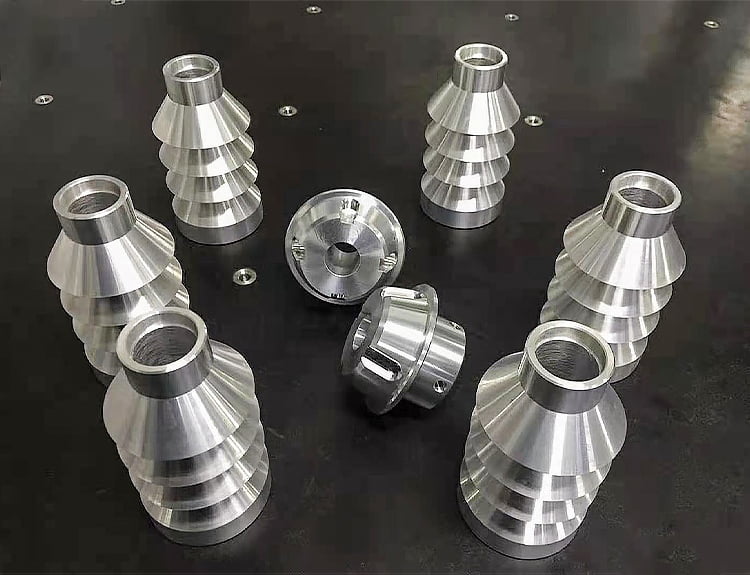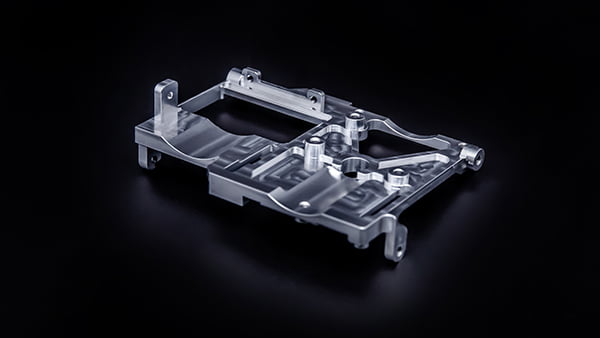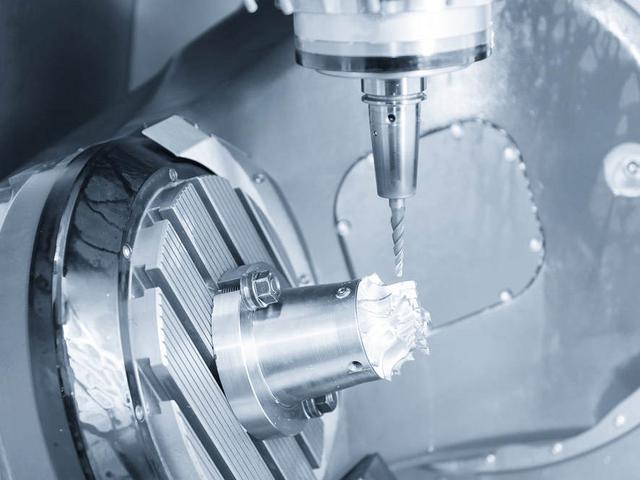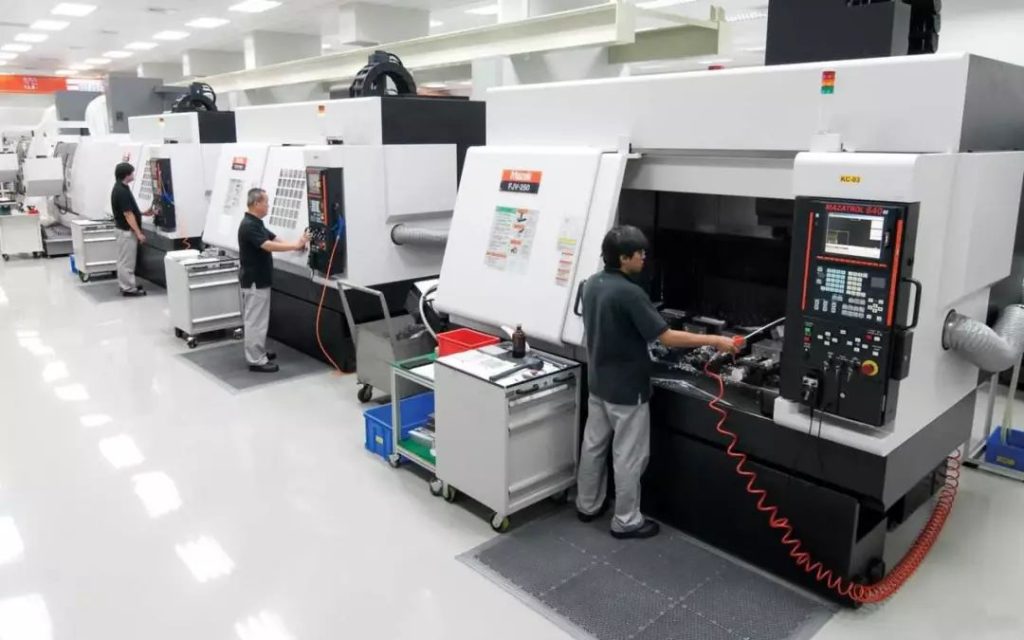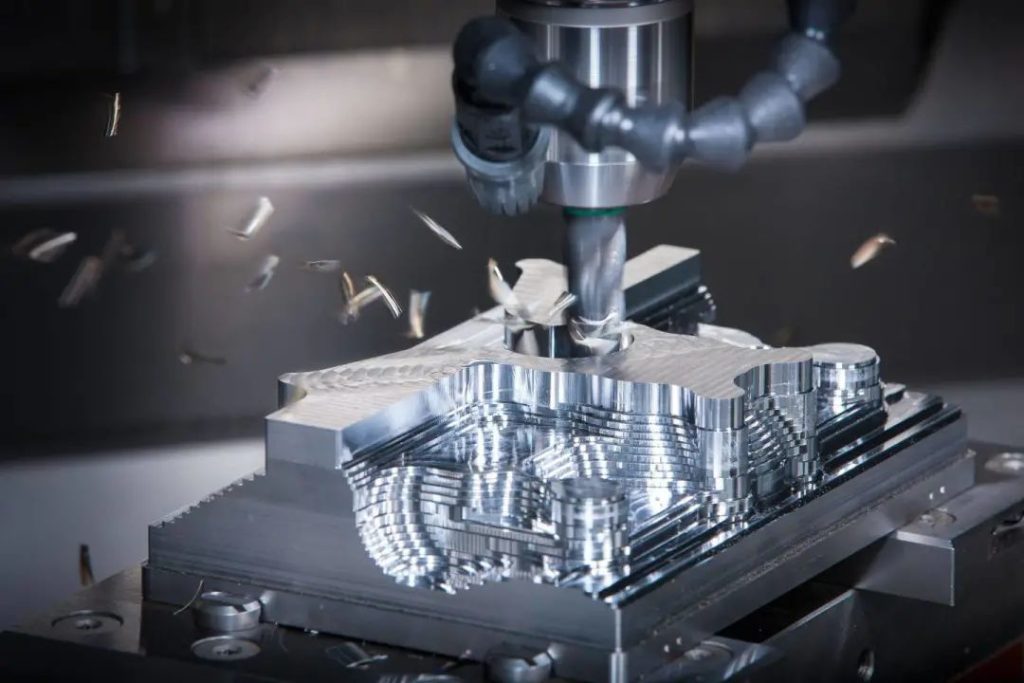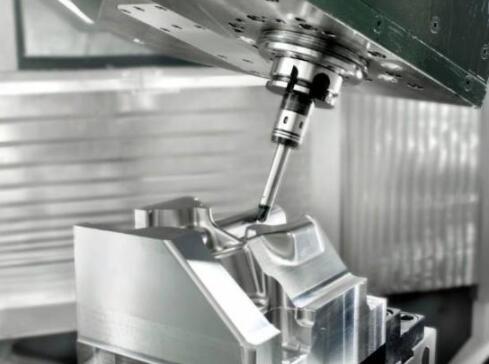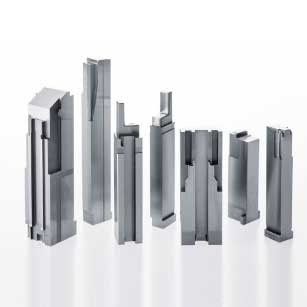First, let's look at the manufacturing of custom CNC parts. It is also important to note that custom machined parts are a CNC machined product. The most popular manufacturing process in the world.
CNC machining can be performed using predefined computer codes. These codes, generated from CAM software, are responsible for converting CAD engineering drawing parts. It contains a series of special codes that control the machining process. Most importantly, the computer codes are the codes that manipulate CNC machining on lathes, grinders and mills.
Manufacturers are focusing more on small production runs rather than mass production. This shift in manufacturing has created space for custom prototypes to take center stage. Again, CNC parts play a role in ensuring the flexibility and efficiency of manufacturing systems.
Another advantage of custom CNC parts is their ease of creation. Previously, the creation of parts on complex surfaces required the use of extensive additive manufacturing. The process was stressful and lacked accuracy and precision. Plus, it was expensive.
However, CNC machining has changed everything. Professional computer-aided design simplifies the manufacturing process. In addition, it allows manufacturers to produce many custom parts by machine in the shortest possible time.
Materials used to machine custom parts
CNC machining can produce parts from a variety of materials. However, the choice can affect many factors. These include machinability, corrosion resistance, price, strength, appearance and weight.
Despite the wide range of uses, you still need to choose the right one. These depend on priorities; for example, titanium alloys are ideal for parts with excellent mechanical properties. Other materials, such as aluminum 6061 or Derlin, are best used for speed-oriented parts.
Aluminum is the most versatile material, moderately priced and easy to use. It has an excellent strength-to-weight ratio and is available in a wide variety of materials. It is used to make custom CNC aluminum parts.
Others are stainless steel and metals such as brass, copper, zinc and titanium.
Similarly, CNC machining uses plastic to produce parts. It is suitable for prototyping injection molded parts.

